Hello. This is primarily an educational article, written to help inform K-pop fans who are unfamiliar with how the media works. My hope is that by educating fans and providing tools to improve media literacy,we will bebetter equipped to judge carefully about the truth or biasness of K-pop articles posted here or elsewhere. The goal is to create a truly informed fan community, instead of just blind fandom or anti-fandom / hatred. This becomes especially important in the case of fansites like allkpop, where any member of the community can now post articles or news, and young or inexperienced readers may not be able to tell the difference between these kinds of articles and articles written properly following good journalism principles.
1) How can news media be biased? What kinds of biased reporting exist?
There are many different kinds of biases, but I'll only cover some of the most common ones:
- Visibility bias: Some issues / people are made visible through news reporting about them, others are not reported on and remain invisible to the general public. For example, top celebrities may have a lot of articles about them, but relatively new or unpopular celebrities may not be as visible to the audience because no one is reporting news about them. Similarly, certain scandals gain high visibility through the number of articles published about them, other scandals are not visible because no one is reporting. (This kind of bias is the source of a lot of complaints from fans about the general public "sleeping" on their idols.)
- Selection bias / Agenda bias: News portals and organisations select certain issues / people to report about, according to what their organisation's priorities or agendas are. For example, allkpop is a K-pop fansite / tabloid. Their primary agenda is to report news that is about K-pop or Korean entertainment celebrities. Thus, they do not report about sports news, for example, or even much news about natural disasters in Korea, except when celebrities are involved.
A good example of this is the recent fire that happened at Gangwon-do. The first news article on allkpop about this issue was actually a contribution from a member of the community (alwyscorrecting). The allkpop staff writers (identifiable by the red tick next to their names) mostly wrote articles about how celebrities donated funds to help the victims of the fire (1, 2, 3, 4, 5), or cancelled their schedules because of it (6). Only one article written by an allkpop staff was a follow-up report on the fire itself (7). (Note: This is not meant as a criticism of the allkpop staff. This is just a observation on the nature of news organisations to select news which they think will be interesting to their readers, and avoid reporting on issues which they think their readers would not be interested in.)
- Presentation bias / Slanted reporting: News is reported or presented in such a way as to deliberately bias readers' opinions towards or against a person, organisation or issue. Or, the news is reported in such a way as to make the reader think in certain ways about an issue (the technical term for this is 'propaganda'). The most common examples of this is what is often thought as "clickbait" titles. For example, consider these two article titles:
- "[Group A] sets a new record in [views / sales / whatever]."
- "[Group A] beats [Group B]'s record in [views / sales / whatever]."
In the first title, the article focuses the reader's attention purely on the groundbreaking achievement of Group A. In the second title, the article biases the reader to think in terms of competition - the important thing is not that Group A achieved a new record, but rather than they beat Group B. By reporting things in this way, the writer incites fanwars between the fans of Group A and Group B, thus generating more clicks and comments compared to the more neutral first article title. A more specific example of this on allkpop recently was these two articles:
- J.Y. Park revealed to be South Korea's richest celebrity through stock ownership.
- Park Jin Young overtakes Yang Hyun Suk to become most valuable stockholder.
Do you notice the difference in the way those two article titles make you think about the topic, even before reading the content?
The wording of titles, especially, can be very dangerous, because many readers do not read all the articles published. They usually just scan the titles in the newsfeed to get an overview, then only read in detail the topics that interest them. Which means that people's opinions about a topic they didn't read in detail can be entirely formed based on the impression they get from what article titles tell them. If those article titles are not neutral, it is very easy for people to form biased opinions about a subject because they were misled by what the title said. The danger usually comes when the writer adds their own interpretation of the person's actions to the title. For example:
- BIGBANG's Seungri still mistreated by YG, left without backup dancers and stylists to perform on his own. (The problem here is that the first part is the writer's interpretation of events - the second part of the title is the actual statement of facts... but even that has been exaggerated.)
These are just some of the most common forms of bias in reporting. There are a number of others, which I won't go into as that would make the article too long. Now, it should be acknowledged that most people have biases one way or another. It is almost impossible to remove bias completely. However, bias can be dealt with and countered in two ways from the writer's side, and two ways from the audience's side. From the writer's angle, the first way is to carefully maintain neutrality as much as possible in writing, by choosing one's words carefully. The other is to acknowledge one's biases to the audience straightaway, so that they know going in that they are reading a biased account, and can compensate for it in their minds. The danger lies in presenting a biased account as though it was a neutral report.
As a reader, there are also two ways you can counter bias. One way is to read widely from a variety of sources, and consider multiple perspectives on the issue. If all accounts are biased, try to read articles from biases on both sides, to arrive at a more balanced perspective. The second is, when reading an article, do your best to separate out the difference between factual evidence from interpretations, first-hand accounts versus hearsay, and unproven claims versus claims that have been proven to be true. Which brings us to the second point...
2) How can we separate facts, interpretations of events, truth claims, hearsay, and lies?
One of the most important values in journalism is truthfulness and accuracy. Accuracy becomes especially important in reporting when there is a controversial or emotionally-disturbing issue and the truth is hidden. Good journalists are trained to get at the truth by being as accurate as possible when reporting. This means a few things:
- Reporting only what they can verify as truth.
- NOT reporting things which cannot be verified properly.
- NOT misrepresenting people's opinions or statements about an issue.
- Reporting the events with the correct amount of emphasis - not exaggerating or minimising certain actions or implications. (This is the part which a lot of bad or untrained journalists get wrong.)
In an era of social media and citizen journalism where everyone can be reporting something (and sometimes very carelessly), it becomes extremely important to get accurate, verified information. This means that usually, it is very important to check where the writer got their sources of information from, especially for articles written on the internet.
However, before we go further, I think it's important to clarify different degrees of sources. In any article you see here on allkpop, there's a trail of sources that you need to be aware of:
- 1. What actually happened. (e.g. two celebrities going out; Person A participating in sex chatgroups)
- 2. What people involved in the event said about what happened. (e.g. celebrities deny or admit to being in relationship; Person A makes statement about chatgroup involvement; chatgroup victim makes statement.)
- 3a. What the Korean media reported about what happened or what the people involved said. (e.g. Dispatch shows pictures of celebrities on a date; naver)
3b. What the Korean netizens or other non-professional journalists said about the event. (e.g. Korean netizens on Pann forums report they saw Celebrity X and Y on date at restaurant; K-netizens react to Celebrity A denials of involvement.) - 4. What the translator wrote in their translation of what the Korean sources said. (e.g. PannChoa)
- 5. What the English media (allkpop or other writers) reported about the event, usually based on the translation of what the Korean sources said.
Whenever you read an article, try your best to check the sources it comes from. Every time a story gets passed on from one stage to another, there is a possibility of misrepresentation or bias. If an article does not list its sources, that is a very problematic article. Ideally, the sources linked to should be as close to the primary first-hand accounts as possible. (Good example of source attribution; Poor example of source attribution) And if you have reason to doubt that the English article is properly representing the issue, trace the sources as far back as possible and get a good translation of the original. Or seek independent verification from a different source.
How can we tell if something can be reported as fact versus just a claim?
- If only one directly-involved persons/source is saying it, it is a truth claim (that needs to be proven / verified).
- If two or more directly-involved persons/sources are saying it, and they are independent of each other, it can be reported as a fact. e.g. if celebrity A involved in chatgroup and victim B of chatgroup (who hates celebrity A) both say celebrity C was involved, it can be treated as fact enough for reporting. Though this would still need further investigation for legal purposes).
- If two or more directly-involved persons/sources are saying it, but they are not independent of each other (e.g. a celebrity and the agency which manages him say the same thing), it can only be reported as a truth claim (that needs to be verified).
- If someone who was not directly involved is saying it, even if there are multiple sources, it is a truth claim (that needs to be verified with sources closer to the actual events).
- If a member of the press says something (e.g. Dispatch claims idols are dating), and a celebrity/organization involved says something different (agencies deny it), both statements have to be taken as truth claims until properly verified.
This is why a lot of news articles use the word "allegedly", "reportedly", "claimed", "rumored" and other similar words rather than simply pronouncing something as factual. It's usually because there's only one source, and no secondary independent source to verify it. This is an example of reporters being careful to be accurate. It doesn't mean the events reported are false, but it means that they have to be verified before they can be taken as fact.
An example of this can be seen in the JYP-religious cult case last year:
- Dispatch claimed that JYP was a member of the Salvation Sect cult.
- JYP denied it.
- Salvation Sect denied it. (two independent sources achieved)
- Dispatch modified their claims and issued an apology for causing controversy.
Or more recently, the allegations about Wheesung and usage of propofol with Amy (an example of what can go wrong when truth claims are taken as fact):
- Denial from Wheesung's agency
- Conflicting truth claim from Amy + netizens speculate
- Actions are taken without proper clarification, based on rumors
- After conversation and clarification, Amy's and Wheesung's truth claims are brought into alignment, but it has already caused damage to his career. (See full transcript)
How can we tell which sources are trustworthy?
It is important to recognise that there are different levels of trustworthiness in sources. The key difference between professional journalists and netizens reporting on an issue is this: Professional journalists have to attach their real name and organizational email address to every article they publish. This means they can be easily-sued if they report something wrong. They are literally putting their careers, reputations, and organization's reputation (and sometimes their sources) on the line each time they write something which may provoke angry reactions. And sometimes they may even put their lives on the line. So they have to be extra careful in checking their sources, and what they write usually gets checked by several editors / people in their news organisations before they publish.
Netizens or "citizen journalists" who report on issues under internet handles/nicknames do not do that. It is much harder to sue an internet nickname, unless you can devote time and resources to tracing them down. And they may end up being in another country, under a different set of laws. As such, wrongful reporting online is easier to get away with, which makes people more careless in reporting. This doesn't mean that what netizens report are wrong. Just that they have no incentive to make sure they are 100% correct or accurate, so when reading their accounts, you have to be aware of this and be prepared that these sources may be wrong.
allkpop, for example, kinda falls into a grey zone about this. Some of their staff writers use their real names, others use internet nicknames. Soompi has a stronger policy of using reporters' real names. Koreaboo doesn't even care about names. And of course, almost everyone from the allkpop community who are not staff writers are using internet nicknames. Including me. So take everything I've written here with a pinch of salt - as the opinion of a private citizen who isn't putting his career or reputation on the line as they write. (In fact, bonus points if you can spot where I inserted a possibly-misleading interpretation into article titles/links, and suggest a good way to correct it.)
Therefore, to check if a source can be trustworthy, ask the following questions:
1) How close is the source to the original events?
2) Are the writer's identity and contact details revealed, making them liable to be sued if wrong?
3) Are there organizational structures (moderators / editors) which would correct false or careless reporting in the source? How effective are they?
4) Are there other sources, independent of this one, that are saying the same thing? (And how reliable are they?)
5) Do the writers / news organizations have anything to gain by biased reporting? (Or alternatively, do they have anything to lose if they don't report with bias?)
6) Has the organization / reporter / news source cultivated a reputation for trustworthiness and honest / unbiased reporting?
EDIT: Additional points suggested by Wang_LouisXIV:
- Although the question list above serves as a good guideline for evaluating the trustworthiness of sources in general, that doesn't mean that a source which fails all these tests is going to be wrong. It is possible to have a source which is evaluated as untrustworthy, yet be completely correct in that particular instance of reporting. Regardless of how trustworthy or untrustworthy a source is, always make sure to verify the information received, as much as possible.
- There is another kind of bias to be aware of and be watchful for. That is the bias that you, the reader, already come with, which may influence your acceptance and/or interpretation of news. Especially news which may challenge or conflict with your pre-existing biases. Be mindful that you have already been biased by your past reading or experiences, and when you encounter new information in an article that offends/triggers you into thinking "no, they're wrong!", try to notice what exactly is causing you to have that opinion. How much of what you believe has been based on faulty (not necessarily false, just not properly verified) information that you've encountered in the past, which has shaped your thinking about a subject?
That brings us to the end of this article. I hope you, the reader, has learned something and gained useful knowledge that can help you to be more critically-aware and news-savvy when you read (or write!) K-pop news in the future. For more resources, see How to Recognise Bias in a Newspaper Article, and Five Principles of Ethical Journalism. Comments and discussion are welcome.

 SHARE
SHARE






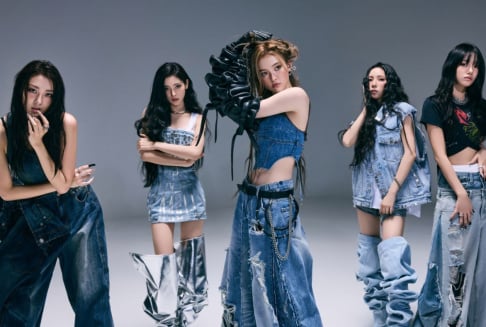

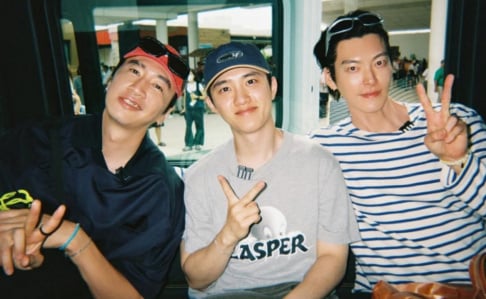
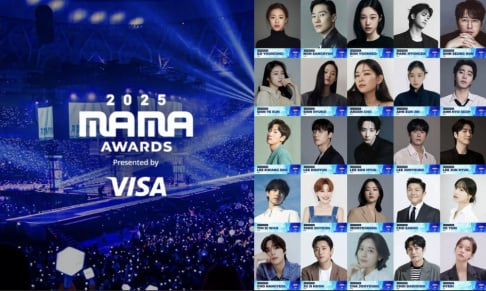
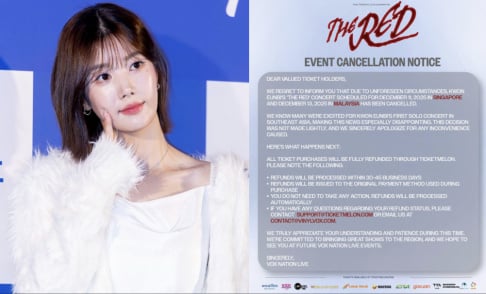


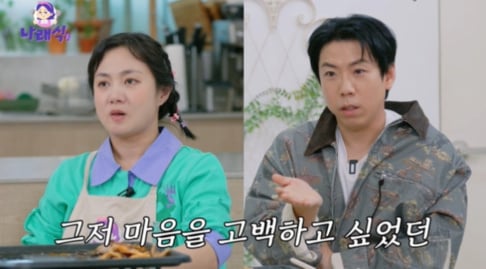
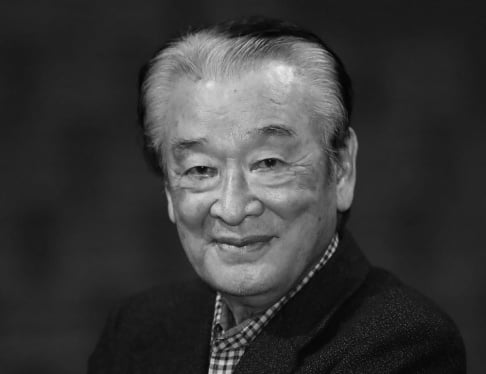
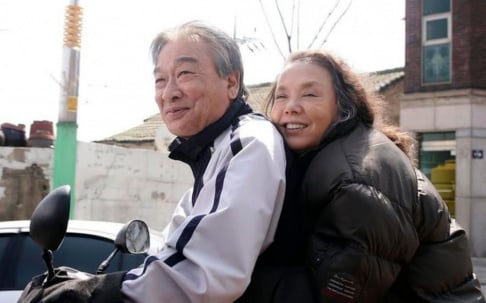

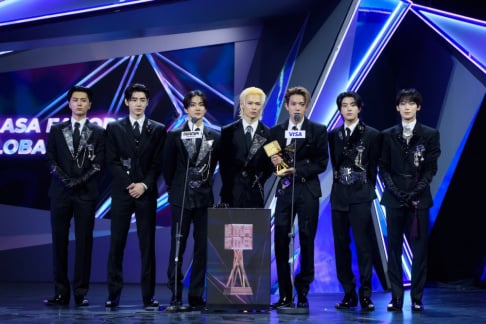

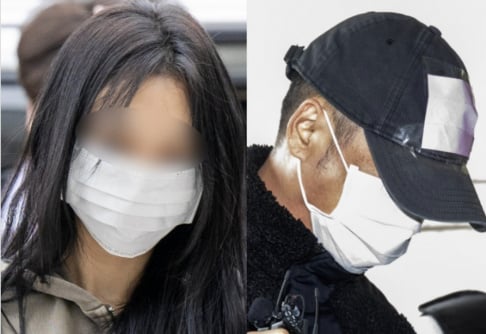



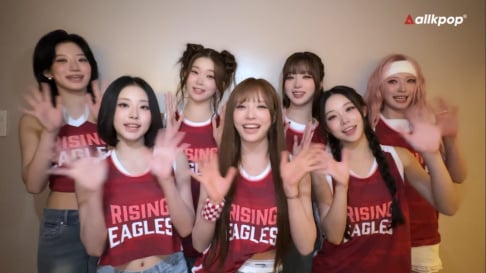
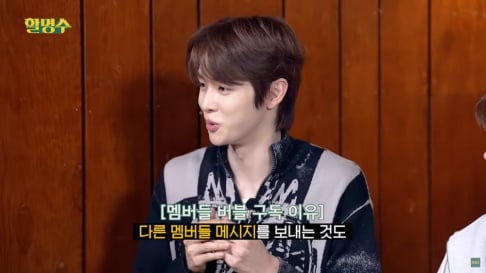
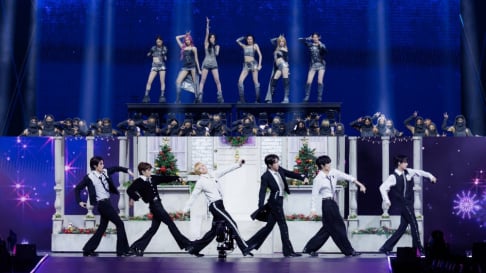
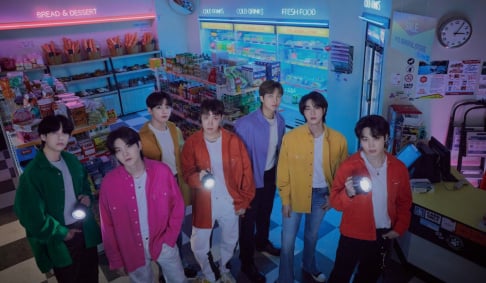
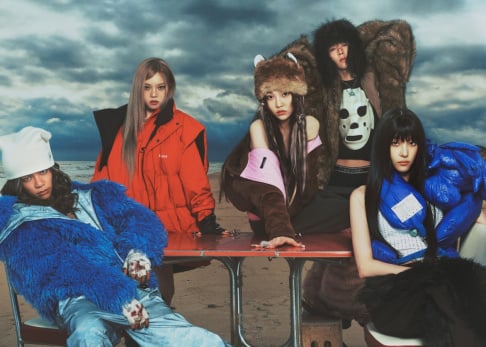

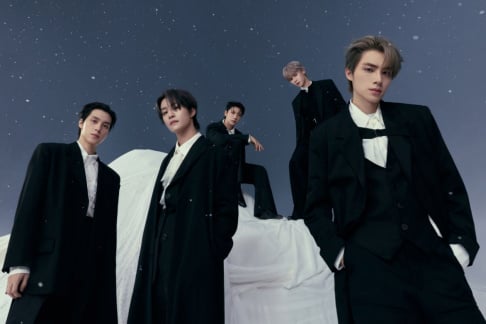

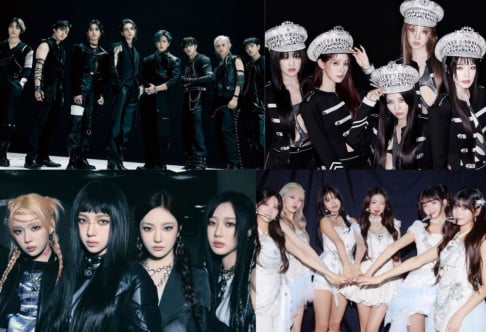
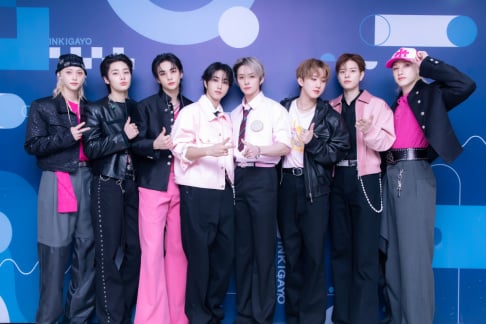





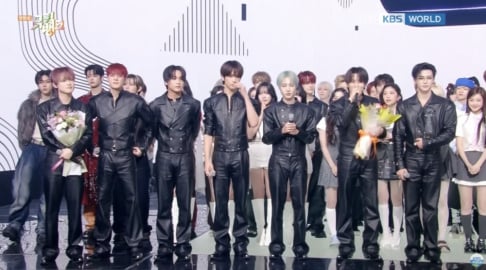






This is like being back in class. Good job, Dizzcity. You could have made this longer.
We've seen how the web gets scrubbed of news that's been reported even from "legitimate" news agencies. Sometimes it's noted something was reported incorrectly but many times nothing else is written about it. That's suppression isn't it? So when those same reputable agencies publish related news, how can it be trusted? It's still bias though no longer verifiable, right?
An example: Here in the U.S. an off duty police officer shot (killed) a man in his apartment. She claimed she thought the man was a burglar in her own apartment; she'd entered the wrong unit. The first reports indicated her key was still in the lock when First Responders arrived and the photo of it was included in the report. By the next day, reports/stories/testimonial changed many times and the part about the key being in the lock was no longer in any report. Can't find it on the net. That one detail paints an entirely different case than the one the police later tried to present.
3 more replies